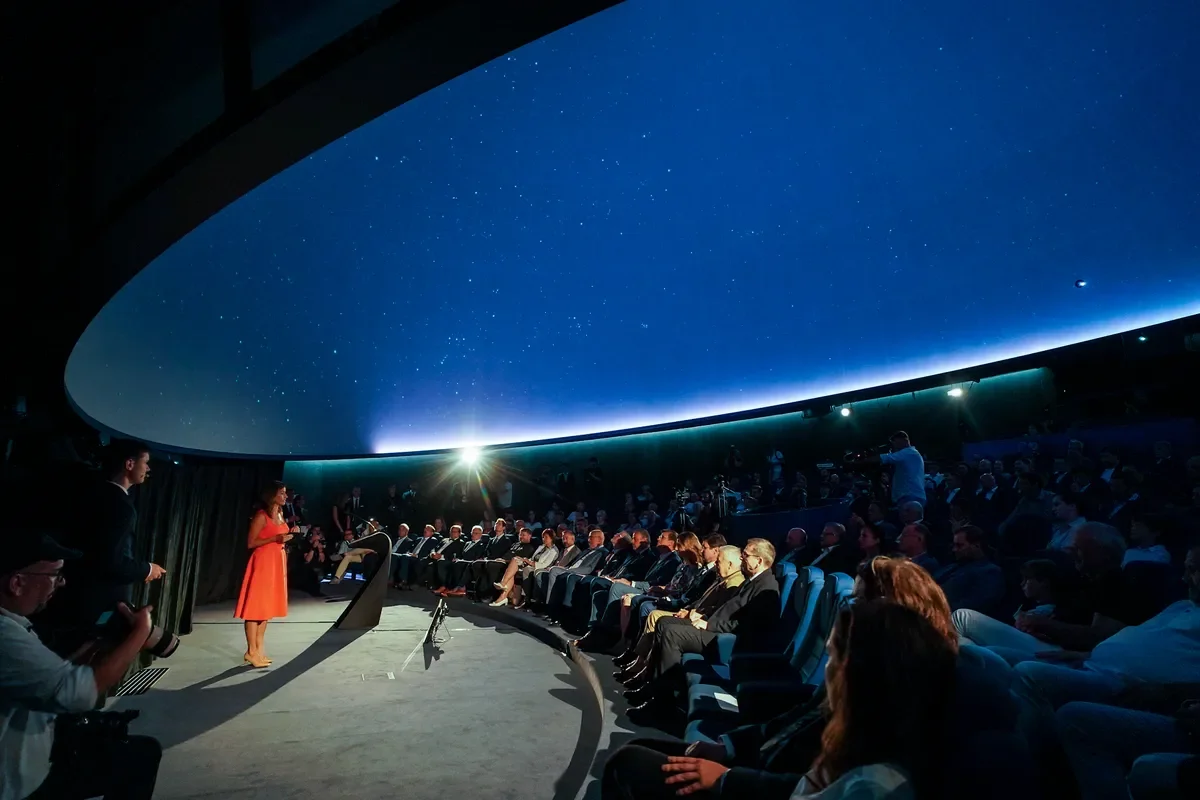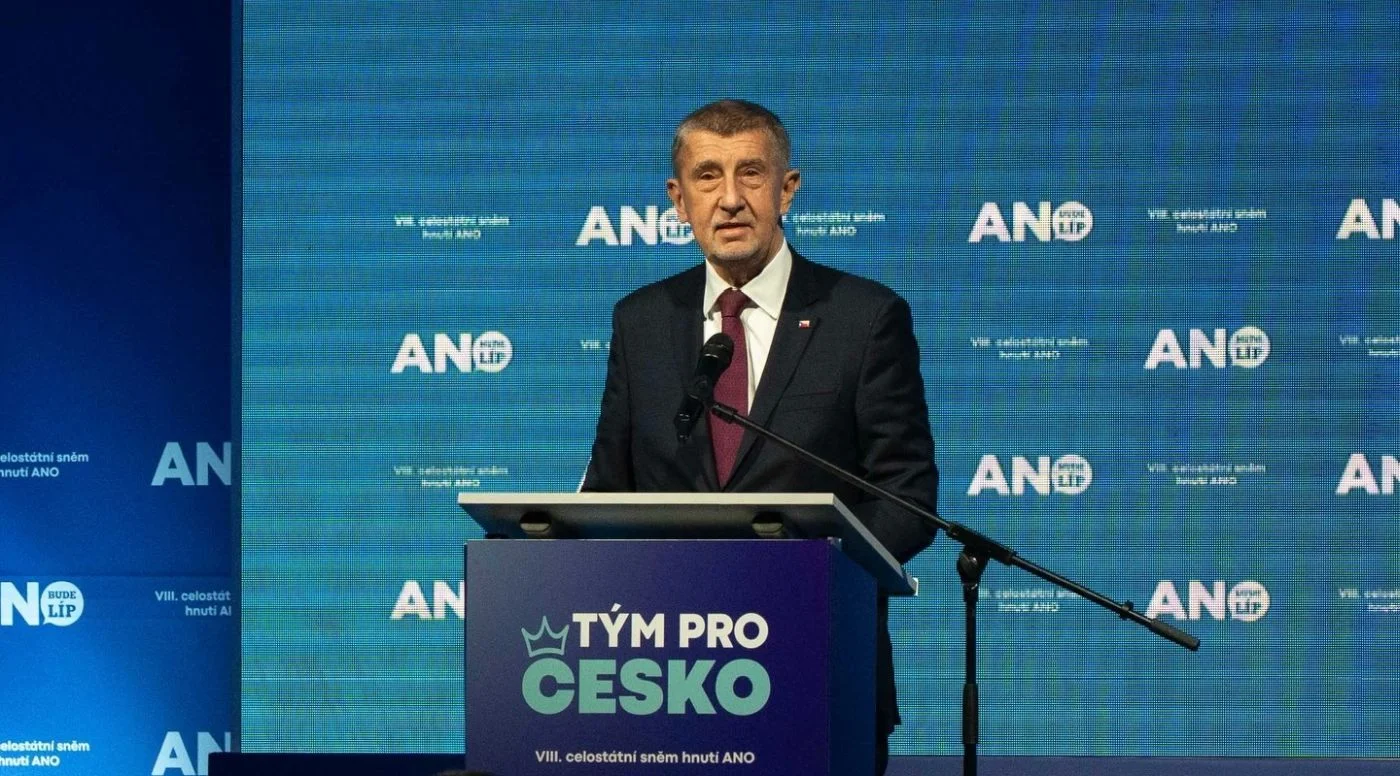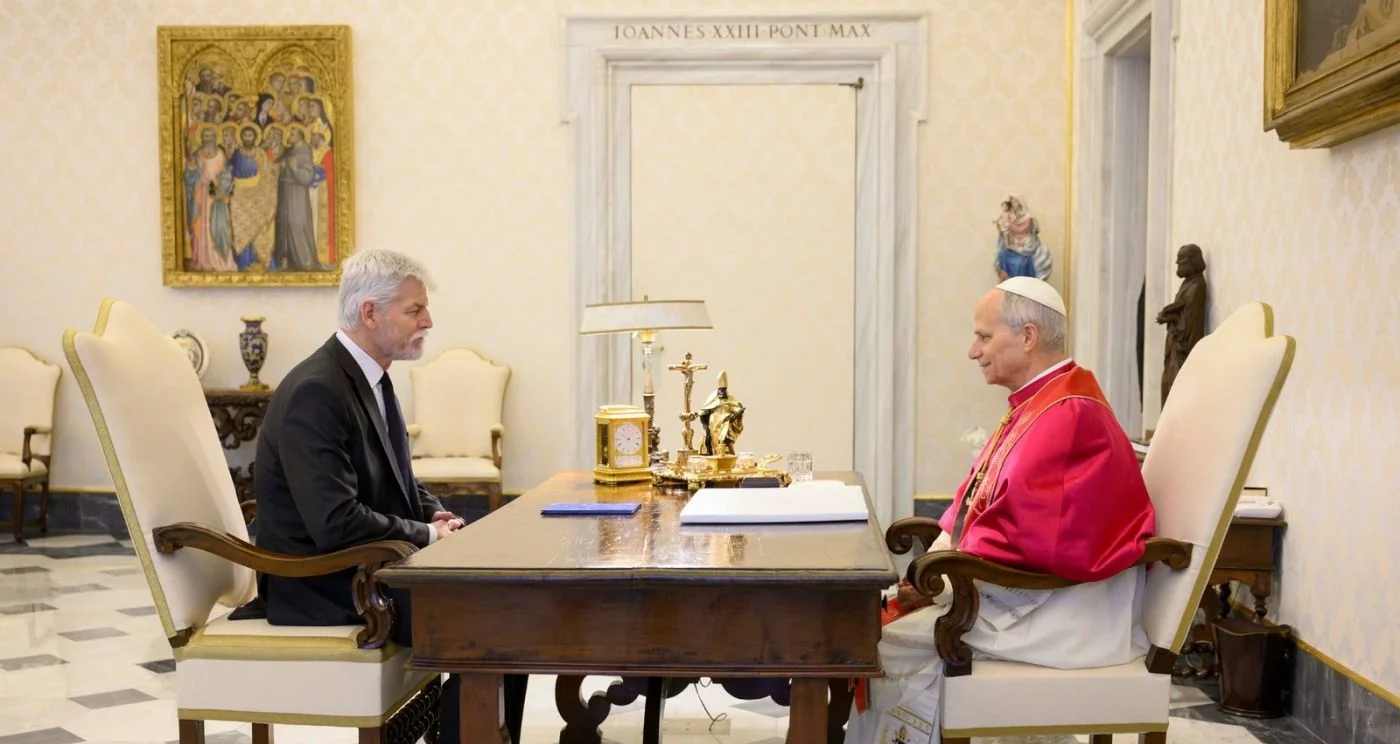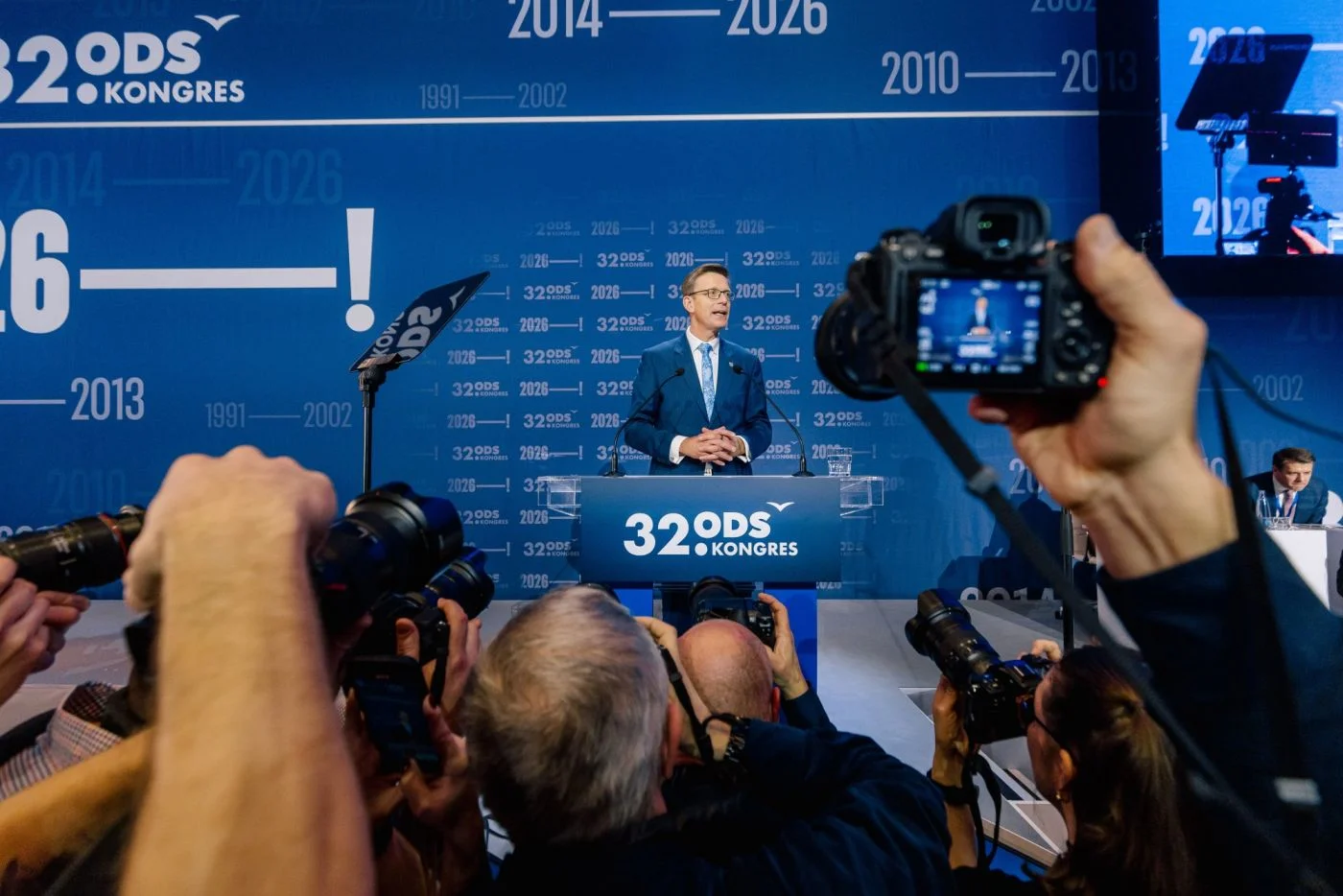
Czech Republic Launches Ambitious Education Project with ‘Czech Journey to Space’
Foto: Ministerstvo dopravy ČR
The Czech Republic is making significant strides in promoting education and space travel with its new long-term initiative, ‘Czech Journey to Space’. This recently launched project aims to spark the interest of the younger generation in science and technology while addressing the shortage of skilled professionals in these fields.
Prime Minister Petr Fiala highlighted the project’s importance, noting that it seeks to inspire a new generation of technicians and scientists through engaging educational and awareness-raising activities. “Our science and industry are already grappling with a shortage of well-trained professionals, which is vital for the economic development and reconstruction of the Czech Republic. The Czech space project has the potential to inspire technological pioneers, much like past space flights have,” said Fiala.
At the project launch held at the Brno Observatory and Planetarium, Prime Minister Fiala, Transport Minister Martin Kupka, Education Minister Mikuláš Bek, and Science Minister Marek Ženíšek outlined the planned activities. One notable aspect of the project is the selection of ‘space ambassadors’—students who will have the chance to participate in a Zero-G event. During this event, twenty students will experience weightlessness aboard a converted Airbus 310. The one-hour flight will include short periods of weightlessness through parabolic flights, simulating the experience of space travel.
Transport Minister Martin Kupka underscored the significance of this experience, stating, “The chance to experience weightlessness can ignite a lifelong fascination with space and inspire many to pursue careers in science and engineering.” The first round of the selection process for the Zero-G flights has begun, with students aged 13 to 18 able to apply online until the end of March 2025.
In addition to the flights, the project features a variety of educational initiatives. The European Space Office (ESERO) Czech Republic has planned over a hundred events, including programming microcomputers that interact with astronauts on the International Space Station (ISS) and building their own rockets. A special highlight is the simulation of space missions in isolated environments.
‘Czech Journey to Space’ not only provides educational opportunities but also promises to advance the Czech space industry. Experiments and observations in fields such as medicine and new materials will open new avenues for the Czech space sector, enhancing its competitiveness on the international stage.
This project exemplifies the Czech Republic’s commitment to advancing science and technology and introducing young people to the wonders of space.
More from Politics & Education

ANO Party Congress in Prague: Andrej Babiš Re-elected as Chairman with 94 Per Cent

President Pavel received by Pope Leo XIV: Czech Republic underlines close ties with the Vatican

